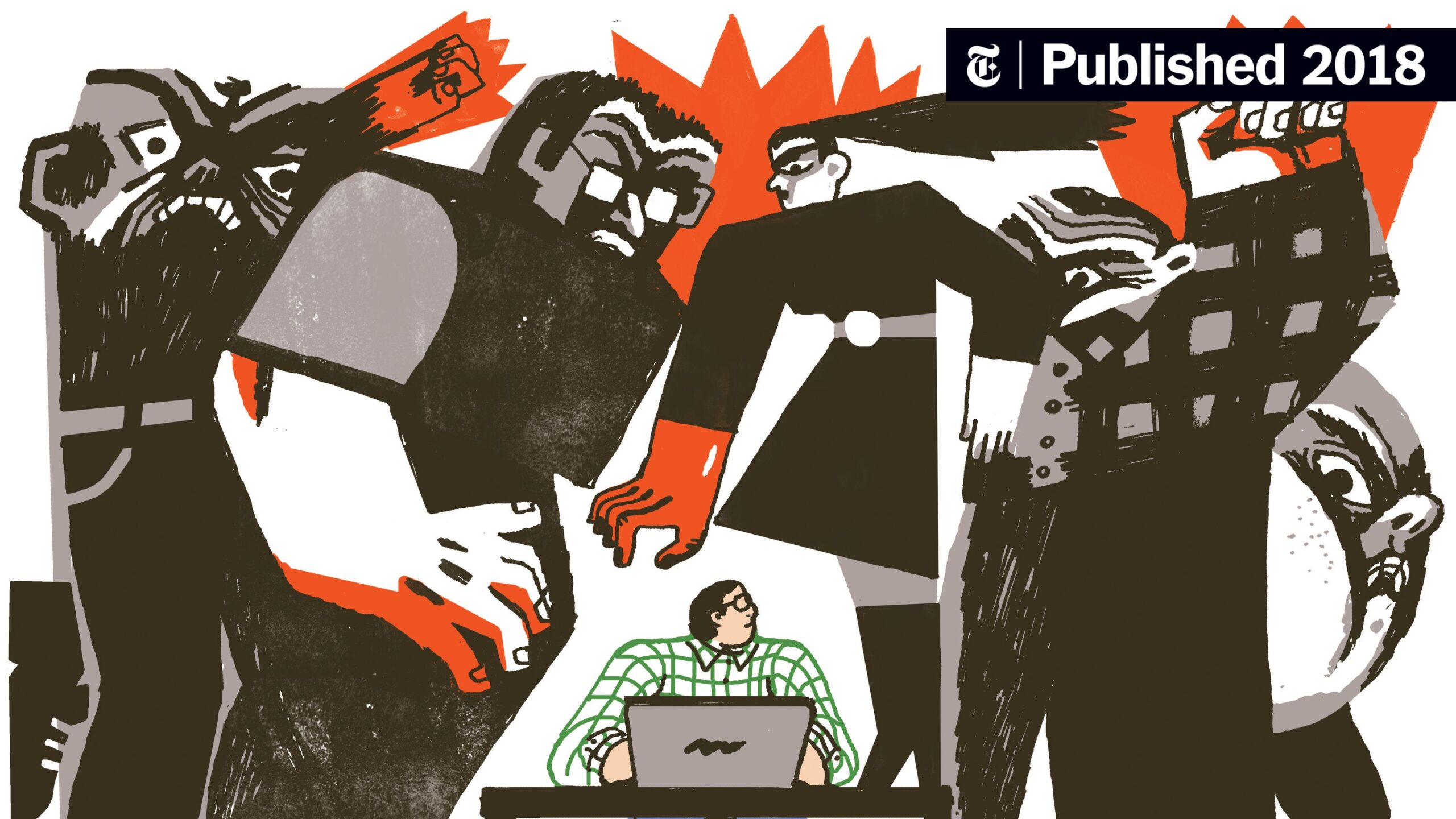The question of whether humans possess the inherent right to take the life of another is one that has perplexed philosophers, theologians, and ethicists throughout the ages. In the realm of Bahá’í teachings, this inquiry becomes particularly nuanced, as it is deeply rooted in principles of respect for life and the sanctity of the human soul. How does the Bahá’í perspective navigate such a formidable moral quandary? Is it ever justifiable to extinguish another’s life? The teachings of Bahá’u’lláh, the founder of the Bahá’í Faith, offer profound insights that illuminate our understanding of this critical issue.
To commence our exploration, we must acknowledge the foundational principle of the Bahá’í Faith: the oneness of humanity. This doctrine posits that all individuals, regardless of their background, are formed from the same essence. Such a belief underscores the sacredness of life, wherein each individual is a mirror reflecting the divine attributes of God. Hence, to take a life is to extinguish not just an existence but a unique manifestation of the divine. The moral implications are seismic. In the light of this principle, the right to kill another person is unequivocally negated.
Consider the implications of this understanding. If all human beings are interconnected and share a collective heritage, it follows that the destruction of one’s life constitutes harm to the entire human family. The Bahá’í teachings advocate for the resolution of conflicts through dialogue and understanding, rejecting violence as a means of dispute resolution. Thus, the Bahá’í perspective casts a shadow over any justification for killing, asserting that true power lies in peaceful resolutions.
However, let us pose a hypothetical query: Is there ever an instance where killing might seem justified? Many might evoke scenarios such as self-defense or the protection of innocents. In such circumstances, it is imperative to engage in deep introspection about intent and the aftermath of actions taken. The Bahá’í writings emphasize that even in dire situations, one must cautiously evaluate the moral landscape before assuming a position of harm. Intention plays a pivotal role; if the motive verges on vengeance rather than protection, the act may contravene Bahá’í principles.
In addition to these considerations, the Bahá’í concept of justice is also paramount. Justice, in Bahá’í thought, is viewed comprehensively, emphasizing not only the act but the context, consequences, and the societal implications thereof. It is noted in the writings that one must strive for a balance, ensuring that actions do not merely serve immediate needs but contribute to the betterment of society. Therefore, the kill-or-be-killed argument raises profound moral dilemmas, compelling adherents to pursue alternatives that align with the virtues of justice and mercy.
Furthermore, we must ponder the holistic vision of society that Bahá’í teachings detail. Bahá’u’lláh enjoined individuals to embody love, compassion, and unity. When one contemplates the act of killing, it starkly contrasts with these virtues. Life—each individual life—is portrayed as an opportunity for growth, service, and the manifestation of divine attributes. To take that chance away from another is to disrupt not only their journey but also the collective advancement of humanity. Thus, the question remains: does one possess the right to intervene in such a profound manner, acting as arbiter over life and death?
Moreover, Bahá’í teachings exhort the importance of education and awareness within the community. A well-informed society is less prone to the violent conflicts that can provoke feelings of enmity or retaliation. In this light, the promotion of global harmony and the encouragement of mutual respect become essential components in dispelling the urge to kill. Education serves as the scaffolding upon which a just society stands, equipping individuals with the tools needed to resolve disputes amicably, fostering forgiveness over vengeance, and understanding over conflict.
In conclusion, the Bahá’í perspective on the sanctity of life avows unequivocally against the notion of having the right to kill another person. Such an act fundamentally undermines the shared essence of humanity and the principles of justice, love, and unity that Bahá’í teachings extoll. As we traverse through the complexities of moral reasoning, it becomes apparent that the challenge lies not solely in the act of killing but in cultivating an awareness of our interconnectedness. The call thus remains: to cherish, to uplift, and to engage in compassionate actions that protect and honor life—a profound testament to our collective journey towards a peaceful world.
